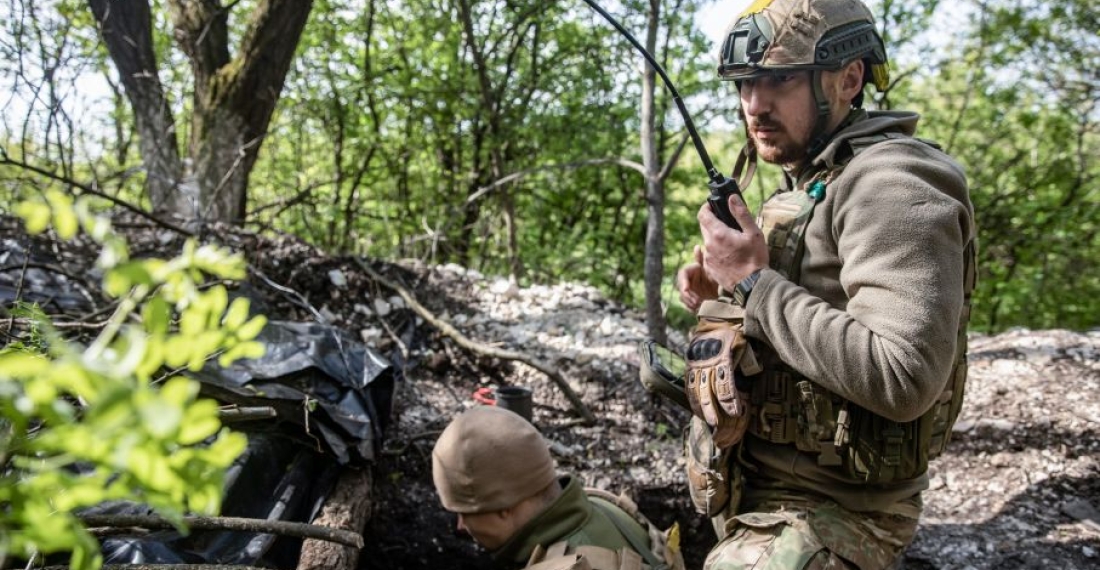An entire Russian brigade has reportedly fled the embattled town of Bakhmut, in eastern Ukraine. This news was initially announced by the Wagner mercenary group founder Yevgeny Prigozhin, and confirmed by Ukraine's Third Assault Brigade on Tuesday (9 May).
Russian forces have been trying to take the town for some 10 months, but have reportedly taken huge losses in the face of strong Ukrainian resistance. Bakhmut, which had a pre-war population of around 70,000, has been almost completely destroyed by the fighting.
"Prigozhin's report about the escape of the 72nd Separate Motorized Rifle Brigade of the Russian Armed Forces from Bakhmut and the '500 corpses' of Russians who remained there is true. The Third Assault Brigade is grateful for the publicity of our success at the front," the Third Assault Brigade wrote in a statement.
Meanwhile, the leader of the Third Assault Brigade, Andriy Biletskiy, claimed that they had liberated a 3km x 2.6km strip of land south-west of Bakhmut in the process.
UK prepares to supply long-range missiles to Ukraine
In other news, the Washington Post has claimed that the United Kingdom is preparing to supply Ukraine with long-range missiles.
Citing a procurement notice by the UK-led International Fund for Ukraine, the Washington Post writes that the UK Defense Ministry asked for "expressions of interest" in supplying such missiles on 2 May, requesting a response within three days. No final decision has yet been made, however, according to an unnamed UK official.
This news comes after the UK Prime Minister Rishi Sunak announced on 8 February that the UK would supply Ukraine with longer-range missiles, although he did not specify the model and when they would arrive.
The UK's decision marks a departure from the US position. Washington has long rejected arming Ukraine with such capabilities, with an unnamed US official saying that their policy on ATACMS "has not changed".
France declares Wagner mercenary group a terrorist organisation
On Tuesday (9 May), the French Parliament declared the Wagner mercenary group a terrorist organisation, and passed a resolution calling on the European Union to do the same.
The same day, reports also emerged that the UK Parliament was considering doing the same with a decision "imminent" within weeks, according to The Times.
Wagner mercenaries have been accused of human rights abuses in Ukraine, Syria, Libya, the Central African Republic, Sudan, and Mozambique, including torture and extrajudicial killings.
The French and potential British designations of Wagner as a terrorist group would impose financial sanctions on the group, and bring France and the UK in line with Estonia and Lithuania on the matter.






